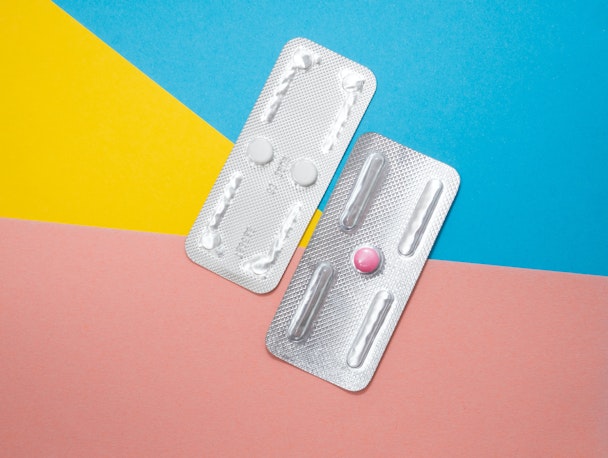Using advertising to pressurize policy: how Ogilvy confronted contraception penalties
Rebalancing the gender imbalance in advertising is no easy feat; it’s been tried, to varying success, time and again. Ogilvy Honduras’ Morning After Island campaign, now shortlisted for a Glass Lion at Cannes, seems to succeed in reversing inefficient government policy to make sure the morning after pill is available to those who needs it. Edgardo Melgar, head of communication and strategy at Ogilvy Honduras, shares his experiences from working on the campaign.

Ogilvy creates innovative campaign to pressurize government to address inadequate contraception care.
For years, brands, advertisers, and marketers have been aware of the importance of gender representation and equality. And while significant progress has been made, there’s still a long way to go. In Latin America, Colombia, Argentina, and Mexico have all recently legalized abortion. Contrast this with Honduras, which is the only country with a blanket ban on purchasing the morning after pill, with penalties inflicting up to six years in prison. This means that minors are becoming mothers - with one in four Honduran girls getting pregnant before turning 18, that's more than 330,000 minors in the last 10 years.
The government has left Honduran women with no choice. Which is why Ogilvy Honduras partnered with GE-PAE (Grupo Estratégico por las Pastillas Anticonceptivas de Emergencia) to develop the Morning After Island campaign.
Due to the lack of available solutions in Honduras, Ogilvy created a space in international waters and outside of Honduran jurisdiction, where women could take the morning after pill without fearing prosecution.
In the short term, the objective was to help as many women as possible by organizing regular trips to and from Honduras’ eight largest cities to this neutral space. Long-term, the goal was to put undeniable pressure on the highest government officials with a view to repeal the ban.
To achieve this, we created short-form shareable videos with a call to action, encouraging the public to sign a petition to call for change. We then pitched the story to over 50 social media personalities and incorporated their stances on the issue into the video, collating stats and figures from dozens of global news outlets.
A week after the first video was released, international influencers (from the US, Argentina, India and beyond) called on their followers to lend their support. The campaign went viral and received early coverage from CNN International, which helped the movement gain momentum.
In less than six months, we gained more than 800,000 signatures from around the world urging the Honduran government to repeal the ban. Hundreds of media outlets across 14 countries posted about the campaign and eventually Honduran president Xiomara Castro invited GE-PAE to a televised meeting on International Woman’s Day. It was an opportunity to discuss the issue of the morning after pill directly and discuss what change was needed.
Castro made a public commitment in that conference, calling on Congress to craft a legislative proposal defending women’s rights – which is still being debated and agreed upon by Congress. Until the law is repealed, the Morning After Island solution remains the only choice for some five million Honduran women.
Our industry can supply creativity as solutions to problems where traditional approaches haven’t worked. Since 2009, activist groups like GE-PAE organized street protests, sit-ins, guerrilla graffiti takeovers, paid media campaigns, and direct political lobbying— all to no effect after 12 years of protesting.
Culture-changing creativity allows us to work around traditional barriers and help get silenced voices a seat at the table. We encourage brands and organizations to continue seeking ways to reach, recruit, and convert younger generations to take a stand on the social issues that align most with their brand purpose. Through advertising, we can make a difference.
Content by The Drum Network member:

Ogilvy UK
Ogilvy is all about depth and breadth - we have London's broadest and deepest skillset in communications our award-winning teams work fluidly across our core capabilities...
Find out more
